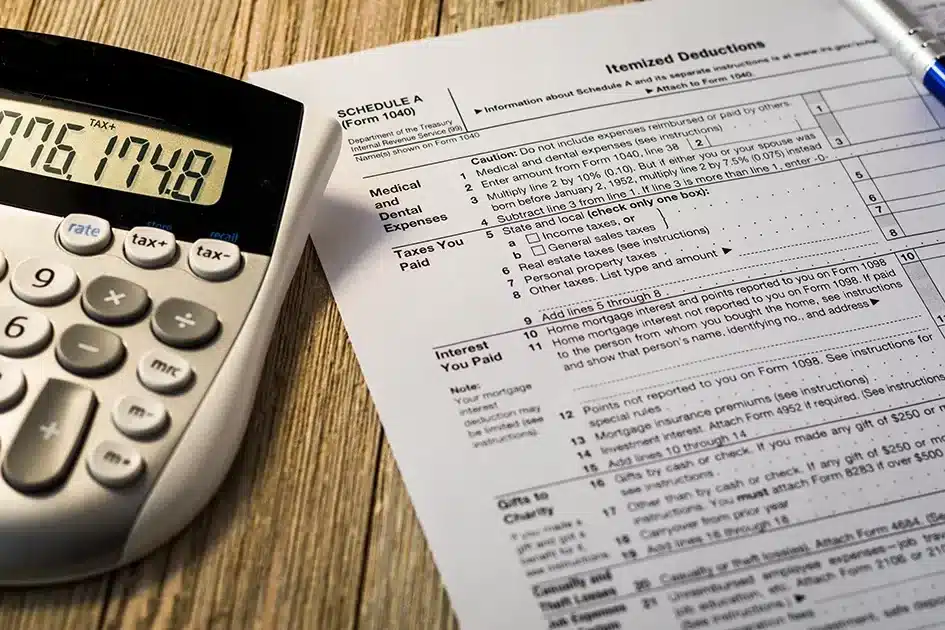As more and more Americans feel the pinch of rising costs, any opportunity to save money is a welcome one. It’s unclear when prices will start to go down, but in the interim, taxpayers will see their tax liability reduced next year.
The IRS makes annual adjustments to key benchmarks based on inflation to give consumers a fighting chance against rising costs. With inflation at a record high, the IRS announced an adjustment to the federal tax brackets and the standard deduction for 2023.
These new provisions will increase both deductions by 7% in an attempt to deal with the soaring inflation we’re experiencing as a country. Let’s look at how these changes will affect your tax liability and the steps you can take to lower your tax bill proactively.
How These Changes Will Affect Your Tax Bill
Most Americans claim the standard deduction instead of itemizing their deductions. The current standard deduction for individuals and married couples filing separately is $12,950. In 2023, that will increase by $900 to $13,850.
For married couples filing jointly, the standard deduction jumps from $25,900 to $27,700, an $1,800 increase. The following table highlights these changes.
In addition, the marginal tax rates are rising by 7%, so you may see a portion of your income taxed at a lower rate. Currently, married couples who earn over $83,550 fall in the 22% tax bracket. In 2023, you’ll have to make more than $89,450 to be in that same tax bracket.
How these changes affect your tax bill will depend on where you’re at financially. For many people, it will lead to a net tax cut and decrease the number of people who need to file their taxes. It could also cause more people to take advantage of the standard deduction.
How to Lower Your Annual Tax Bill
These recent changes will take effect next year, so you won’t reap the benefits until you file your tax returns in April 2024. In the meantime, here are a few ways you can lower your tax bill for 2022:
- Take advantage of tax credits: Tax credits are often better than deductions because you cut down on the taxes you owe, not just your taxable income. It’s a good idea to talk to an accountant to see if there are any additional tax credits you qualify for.
- Save for retirement: If you contribute money to a company-sponsored 401(k) plan or traditional IRA, these contributions can lower your tax bill. And you won’t pay taxes on these contributions until you withdraw the money in retirement.
- Set up a college savings fund: Any money you contribute to a 529 plan isn’t taxed as long as you use these funds for qualified education expenses.
It’s also important to keep in mind that receiving a tax cut doesn’t necessarily increase your purchasing power. The best way to do that is by paying down debt and improving your credit score. You can also negotiate with your employer for a raise so your wages can keep pace with inflation.



